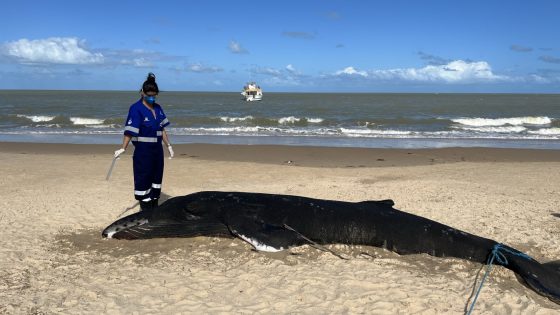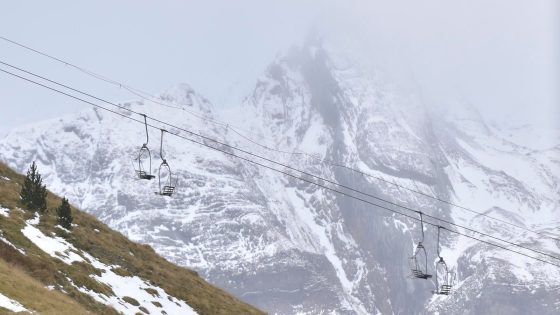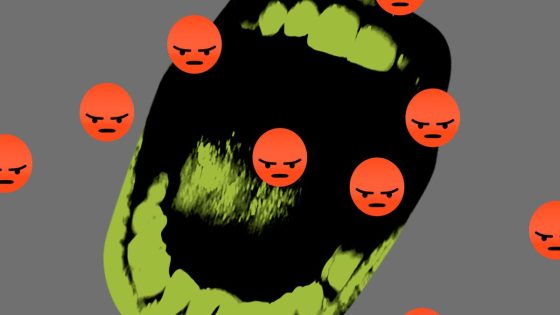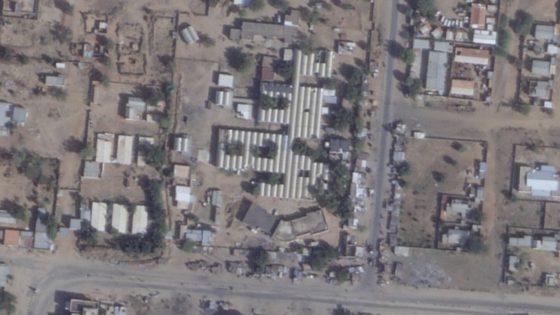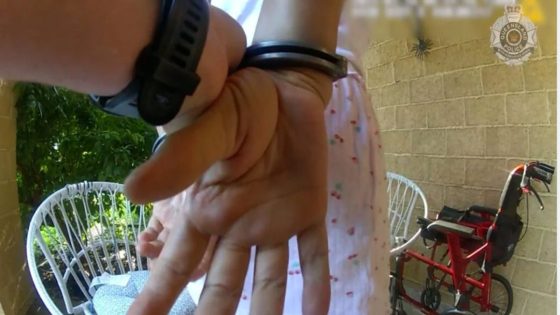On February 15, 2025, neuroscientist Kamilla Souza successfully extracted the brain of a baby humpback whale that had washed ashore in southeastern Brazil. This event marked the first brain extraction of its kind in Brazil, contributing to the study of marine mammal neuroscience.
- Kamilla Souza studies beached whale brains.
- First whale brain extraction in Brazil.
- Souza's collection is Latin America's largest.
- Decomposition accelerates brain extraction urgency.
- Research aims to inspire Brazilian scientists.
- Ph.D. student developing 3D brain modeling tool.
Souza, the founder of the Brazilian Neurobiodiversity Network, aims to enhance understanding of whale and dolphin brains, which remain largely unexplored in Central and South America.
Kamilla Souza has been passionate about marine mammal brains since childhood. Her work is crucial as there is limited knowledge about the brains of whales and dolphins in the waters off Central and South America. Studying these brains can provide insights into the animals’ behavior and adaptations to their underwater environment.
After receiving a call about a beached baby humpback whale, Souza and her team from the Instituto Baleia Jubarte faced logistical challenges in reaching the animal. They arrived by boat but could only approach so closely without risking grounding. Souza swam to shore, extracted the brain, and returned to the boat with it safely stored. This brain is now part of the largest collection of whale and dolphin brains in Latin America.
In addition to her work with the humpback whale, Souza collaborates with veterinarians to study other stranded marine mammals. The rapid decomposition in the warm Brazilian climate necessitates quick action to recover valuable biological samples. Souza’s dedication has led to significant advancements in marine mammal research in Brazil, inspiring others in the field.
Kamilla Souza’s work highlights the importance of studying marine mammals in Brazil. Her efforts not only contribute to scientific knowledge but also inspire future generations of researchers in the region.



